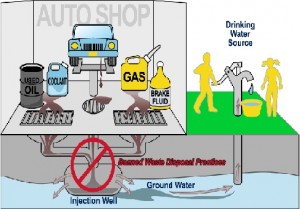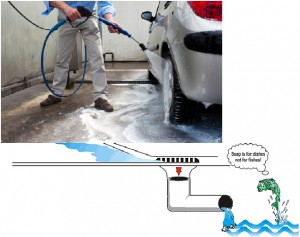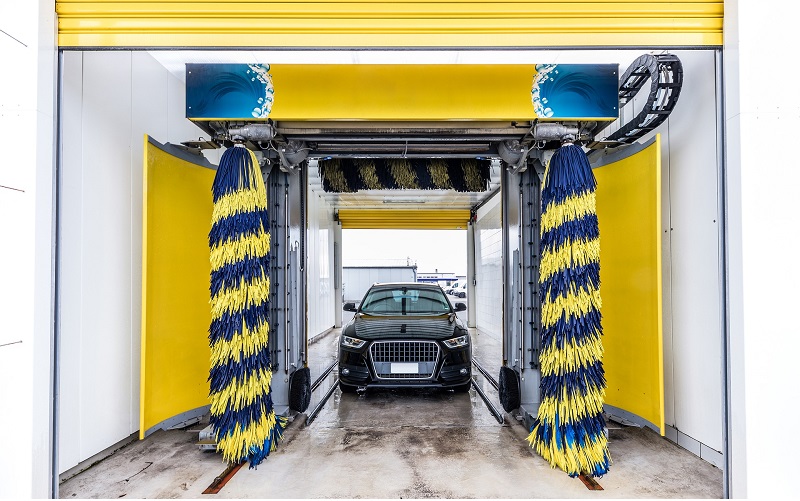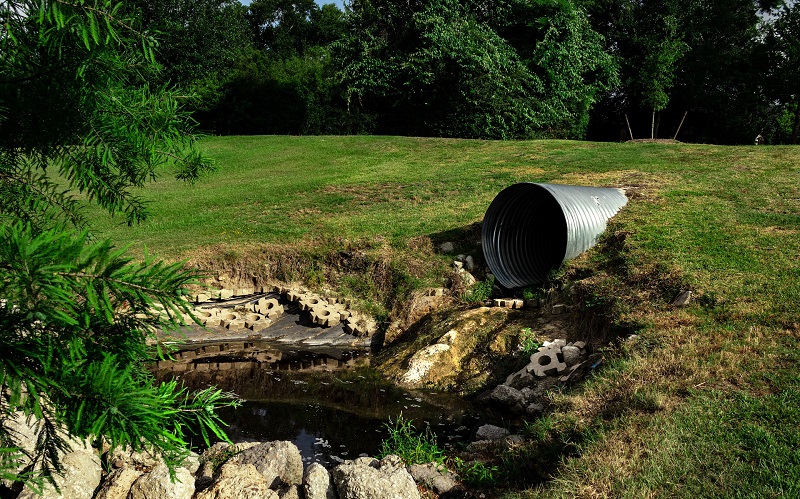Mismanaging car wash wastewater turned out to be a costly saga for one car wash business in Connecticut last year. We will unfold his story in this piece to highlight what you should not do. Before that, let’s talk about what you should do to manage your car wash wastewater.
Be aware that the definition of industrial wastewater includes biodegradable soaps and detergents. Thus, ensure you take on board all the rules and regulations your business is subject to in your community and abide by them to avoid having to deal with them after the fact when your car wash business is in full swing and needing your undivided attention.
Where To Find Out More About The Regulations
First and foremost, ensure you are aware of the compliance rules and regulations that specifically apply to car wash businesses in your area. To ensure that you are clear on what you need to comply and what are the options open to you, you can refer to your local Environmental Protection Agency (EPA), Occupational Safety & Hazard Administration (OSHA) or Water Department for help. Sometimes, the state also has local government agencies that assist small businesses to comply with environmental regulations as in the case of Ohio’s Office of Compliance Assistance and Pollution Prevention (OCAPP).
Three Most Common Car Wash Wastewater Options
The three most common options open to car wash businesses for the disposal of their car wash wastewater are:
- Access to a publicly owned treatments works via a sanitary sewer at your shop site.
- Collect your car wash wastewater in a holding tank and then take it to a publicly owned or industrial sewage treatment plants. You are likely to find the latter in your local telephone directory listing. It is not acceptable and a violation to let it sit outdoors, evaporate or be vulnerable to the likelihood of it running into drain storms during rainy periods.
- Obtain a National Pollutant Discharge Elimination System (NPDES) a permit that allows the discharge of wastewater directly to a river, creek or other water body. It is highly likely that you will need to undertake some stringent pre-treatment (removal of chemicals, grease, detergents etc) of the wastewater.
The Penalties One Can Be Subject To
Back to the story we mentioned in our opening. In Connecticut last year, a car wash owner was taken to court for illegally discharging his business’ wastewater that contained soaps and cleaning solvents. Although the company did register for a Discharge of Vehicle Maintenance Wastewater Permit and had 2 holding tanks, the owner failed to follow through with their legal disposal. Rather than having it treated, he was discharging it into the ground, the sub-surface and into the nearby woods behind his business site.
Charges were brought against the company by the State Attorney General and Energy and Environmental Protection offices

for violating environmental laws and jeopardizing public health and safety. The long list of penalties that were being sought by the plaintiffs included injunctions to stop the unauthorized practices immediately; civil penalties; costs associated with the detection, investigation, control and abatement of the violations; and the remedies deemed necessary. The business owner was also required to build a monitoring well behind the business to monitor if pollutants have impacted the local water.
Taking a leaf from this business owner’s experience, explains that it certainly does not pay to toy around with environmental stipulations. They are in place for good reasons and for the safety of the community, of which we are a part of. At the end of the day, on top of the hefty costs in money, time and effort, the tainted reputation of one’s business reputation will also be difficult to undo.
Enjoyed this post? Sign up for our newsletter to receive more valuable business and franchise info, ideas, and extras!





